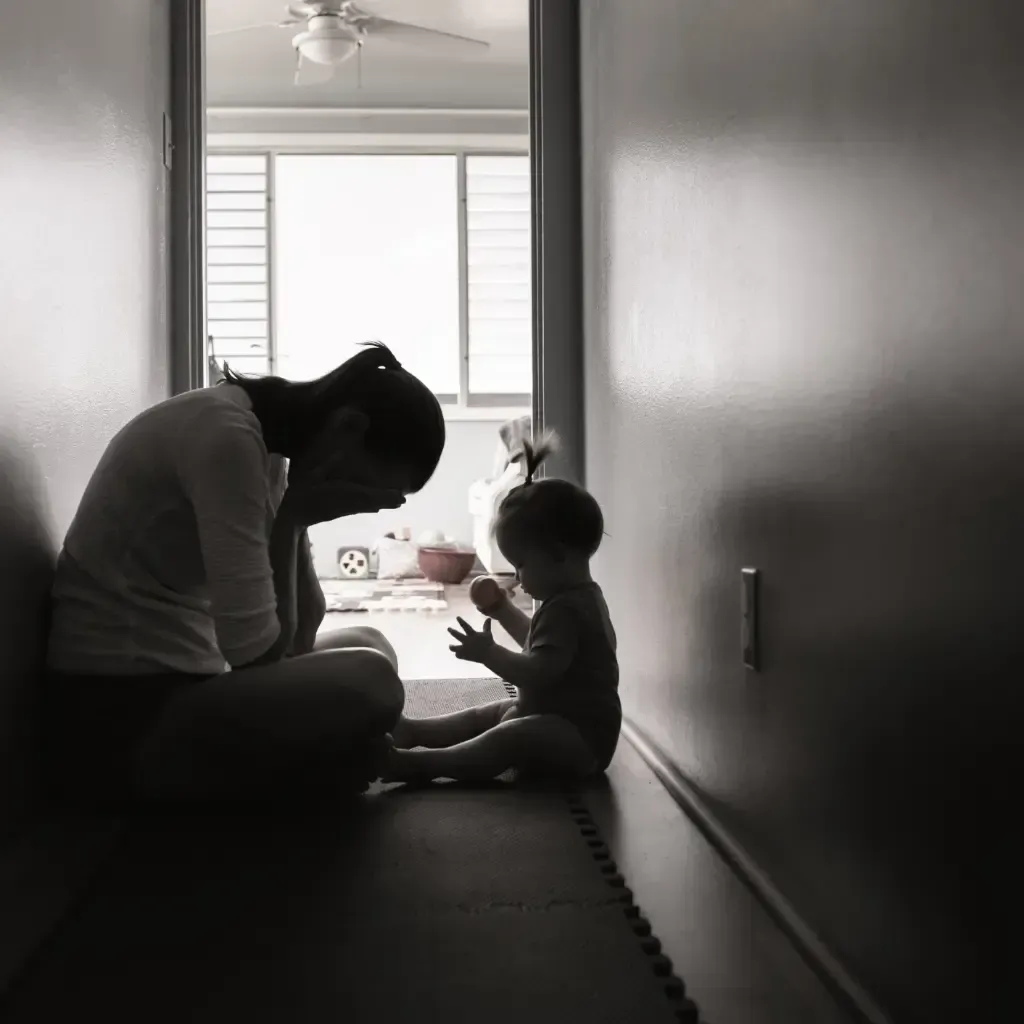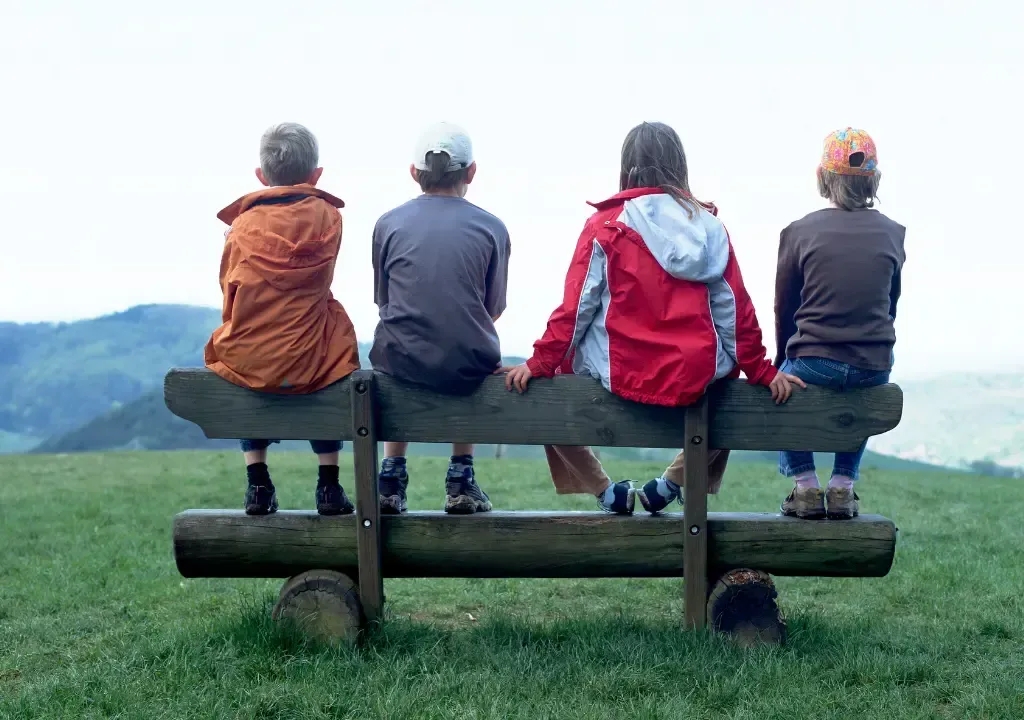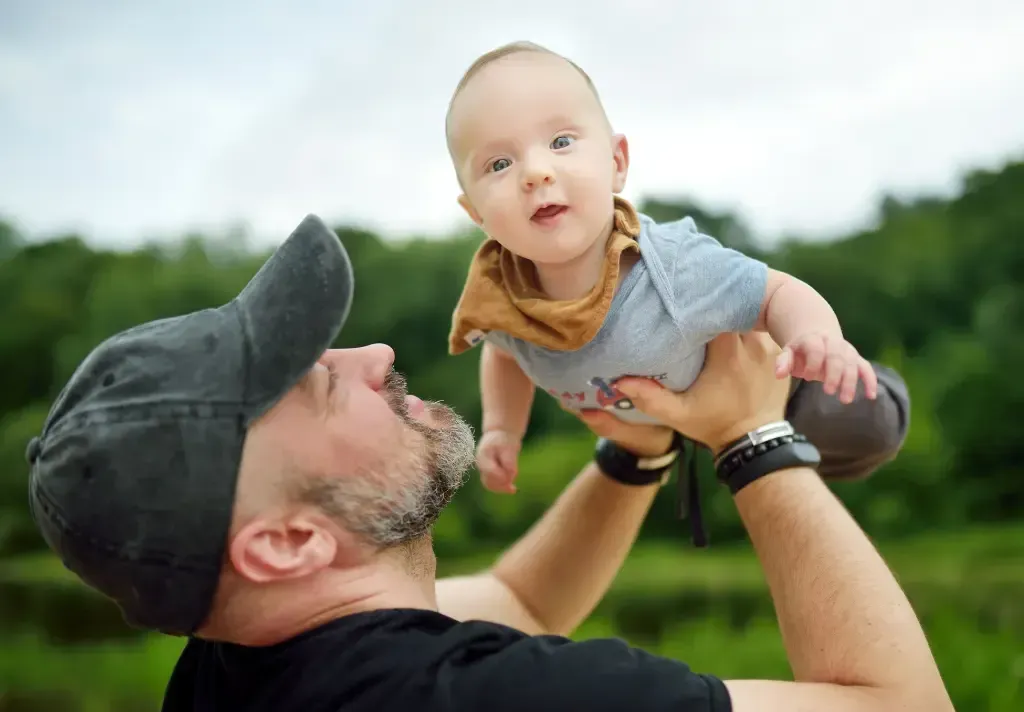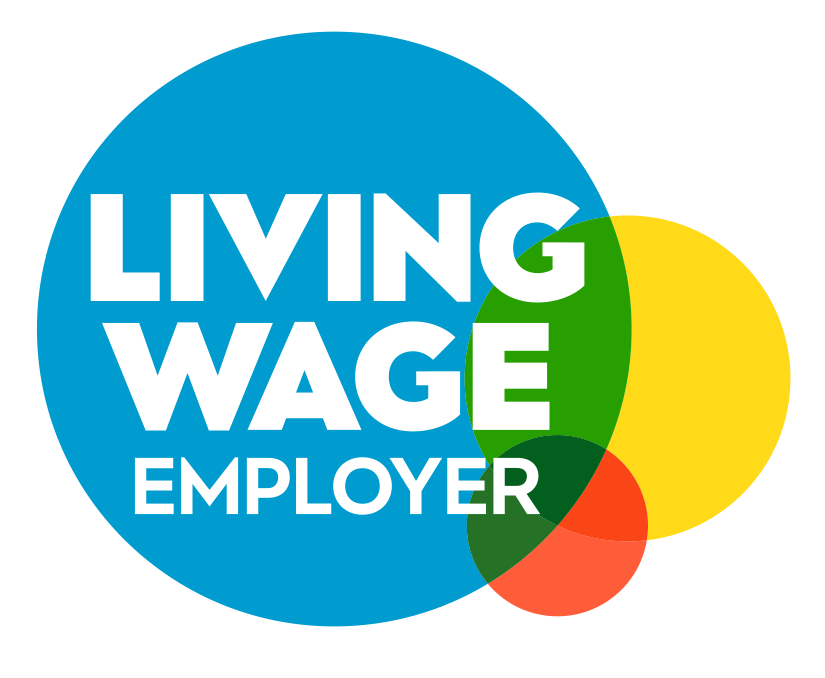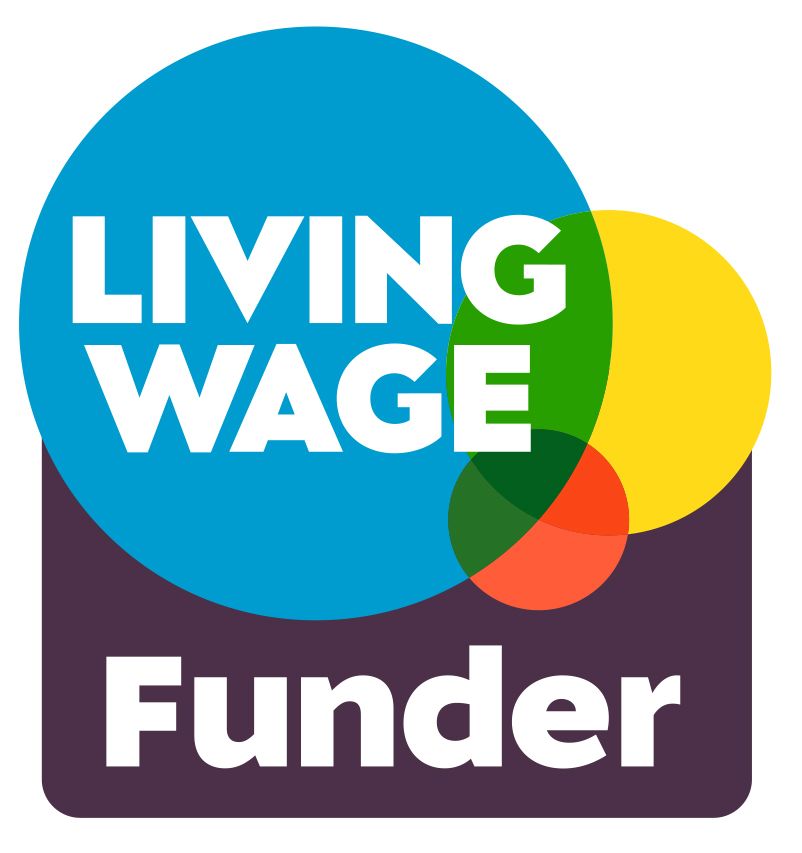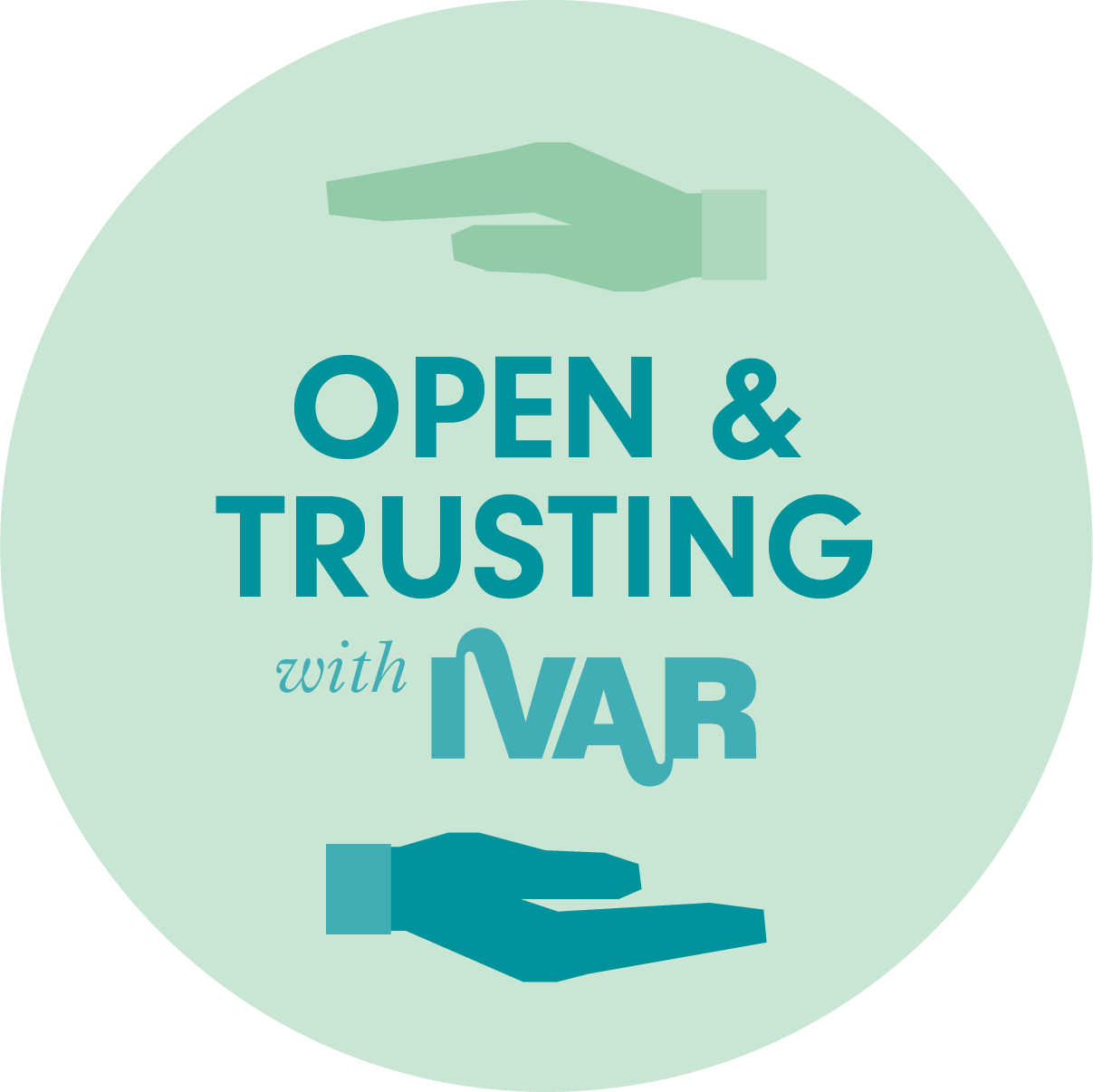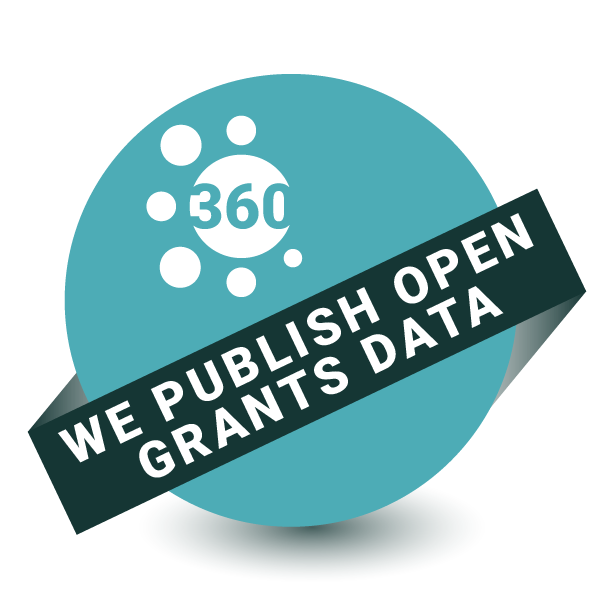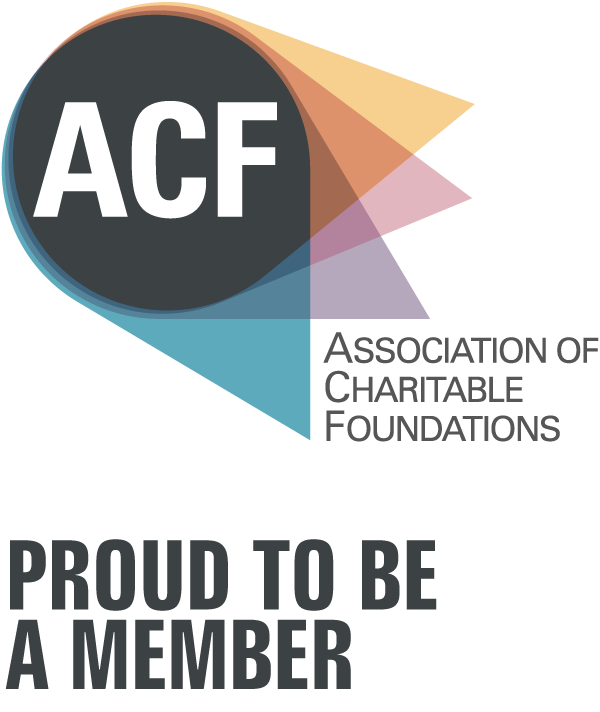Mental Health
We support charities that help children, young people, and parents to overcome adversity and break the intergenerational cycle of trauma and abuse
MENTAL HEALTH
We support charities that help children and young people recovering from Adverse Childhood Experiences (ACEs) and parents affected by ACEs, mental illness, or addiction.
What are ACEs?
Adverse Childhood Experiences (ACEs) are defined as “potentially traumatic events or chronic stressors that occur before the age of 18 and are uncontrollable to the child.” They include the following:
- Sexual abuse
- Physical abuse or neglect
- Emotional abuse or neglect
- Living in a household where there is domestic violence
- Living with a parent with substance abuse
- Living with a parent who has a mental illness
- Losing a parent through death, abandonment, or divorce.
- Having a parent in prison
What we fund
We support evidence-based, trauma-informed interventions designed to overcome and prevent the trauma of Adverse Childhood Experiences (ACEs). This programme works on several levels, supporting both children and young people affected by ACEs, as well as supporting parents to help break the cycle of trauma across generations.
We seek to provide flexible funding and therefore can support only those organisations whose work is fully aligned with our stated funding priorities. All services delivered by the charity must fall entirely within one of the eligible categories listed below.
Please note that we cannot consider applications in which only part of an organisation’s work fits our priorities.
The case studies at the bottom of this page illustrate examples of charities that meet our eligibility criteria in full.
If you are unsure about your organisation’s eligibility, please contact us before submitting an Expression of Interest. Doing so will help save time and resources for both your organisation and ours.
In the Mental Health programme, our two areas of support are:
1) Support for children and young people
Under this focus, we wish to partner with charities that solely support children and young people who have suffered one or more ACEs, and they do so through evidence-based, trauma-informed therapies.
We only support charities that have a specialist, single focus on one or more of the following:
- Childhood sexual abuse
- Living in a household where there is domestic violence, and/or physical and/or emotional neglect
- Living with a parent who has a mental illness and/or substance abuse
- Bereavement and complex loss, including children and young people bereaved by suicide, murder, manslaughter, substance addiction, or who have a parent in prison.
Eligibility in the Children and Young People category is limited to charities with a children first approach. This means charities that work primarily with children and young people affected by ACEs.
We prioritise charities that provide recovery programmes for specific ACEs but we don't exclude charities that support children with multiple ACEs.
Further, while we understand that parents / guardians are part of the recovery journey, our aim is to fund organisations whose central focus is supporting the child or young person first, with parental / guardian involvement as an added element.
2) Support for parents
In England alone, nearly half (48%) of adults have experienced at least one ACE. Around 9% of the population have experienced four or more ACEs. While ACEs are prevalent in any socio-economic group, they are 10 times more prevalent among the 20% least privileged in our society.
We know that many adults only begin to face their own ACEs when they become parents, making this a crucial time for support.
Under this focus, we wish to partner with specialist charities that solely focus on supporting parents and complex family challenges by delivering:
- Evidence-based, whole-family, trauma-informed programmes that help parents to confront their own ACEs and help to break the intergenerational cycle of trauma and abuse.
- Evidence-based, whole-family, trauma-informed programmes for families where a parent or caregiver has a mental illness or substance addiction and is at risk of harming their children.
Eligibility under the Parents category is limited to charities whose central focus is delivering dedicated programmes to help prevent ACEs affected parents from harming to their own children.
Please note that, in this category, we only consider charities with a focus on parents.
We do not support charities that help adults with ACEs, mental illness, substance addiction, etc., but who are not parents.
For instance, charities supporting adult survivors of domestic abuse or women’s aid type charities are not eligible if their services are open to all adults, not exclusively to parents.
Funding exclusions
The exclusions listed below relate specifically to the Mental Health programme.
Please also check the What we fund section on this page as it also contains
Before applying, please also consult our What we don't fund page for information on our more general exclusions which apply to all our funding programmes.
The focus of this programme is addressing and preventing Adverse Childhood Experiences (ACEs).
We only fund charities with a specialist, single focus on the priorities set out in the What we fund and Our funding priorities sections for this programme.
If your charity is one of the following, you are not eligible to apply if:
- Your charity provides some support for children and young people who have experienced ACEs, but this is not your sole focus
- Your charity's sole focus is supporting children and young people who have experienced ACEs, but you do so solely through the provision of one or more of the following: sport and leisure activities, nature based activities, mentoring, befriending, peer support, employment skills, etc.
- Your charity supports adults who have experienced ACEs but you do not have a specialist programme for parents to help break the intergenerational cycle of trauma and abuse
- You are an adoption and fostering support charity
- You are a general counselling charity
- You are a general youth support and wellbeing charity
- Your charity's main focus is on helping people into employment through mentoring, coaching, and skills development, etc., (even if you also provide mental health support)
- You are a charity primarily supporting carers (this exclusion applies to all ages / all needs - physical and / or mental)
- You are a homelessness charity
- You are a hospice (hospices can only apply for our Hospice Care programme)
- You are a refugee / asylum seeker / human trafficking / modern slavery charity (even if you run mental health programmes to overcome trauma and abuse)
- You are a school (including SEN schools)
- You are a volunteer-run charity
- You are a women's aid charity
If your charity is eligible to apply, the following services or project types are not eligible for support:
- Befriending
- Drama / Storytelling
- Entertainment activities
- General mental wellbeing support
- General parenting advice
- Leisure activities
- Mentoring
- Music
- Nature based activities
- Social care programmes
- Sports based activities
- Wellbeing activities
Why your application might fail
Before applying, please take some time to review the following sections on this page:
- What we fund
- Funding exclusions
- Funding priorities
- Who can apply
Further information on how we assess applications can be found on the Our assessment process page.
Below are some common reasons why we wouldn’t be able to progress your Expression of Interest:
- Your application “packages” the part of your organisation’s work that matches our funding criteria, but the rest of your work does not:
We seek to provide flexible funding and can therefore support only those organisations whose work is fully aligned with our stated funding priorities. All services delivered by the charity must fall entirely within one of the eligible categories in the funding programme. This means we cannot consider applications in which only part of an organisation’s work fits our priorities. For instance, if your focus is not exclusively recovery from ACEs, you are not eligible to apply.
- Your charity doesn’t have a children-first approach:
In the Children and Young People category, eligibility is limited to charities that work first and foremost with children and young people affected by ACEs.
While we understand that parents/guardians may be part of a child’s or young person’s recovery journey, eligible organisations must have a central focus on supporting the child or young person first, with parental/guardian involvement or whole-family support as an added element.
We only support charities with a specific focus on children and young people affected by ACEs, rather than those that also provide more general mental health support to this age group.
- Your services are for all adults, not just parents:
In the Parents category, eligibility is limited to charities whose central focus is delivering dedicated programmes to help prevent ACEs-affected parents, or parents with a mental illness or substance addiction, from causing harm to their own children.
This means we only consider charities with a specific focus on parents. We do not support charities that also help non-parents (i.e. adults with ACEs, adult survivors of abuse, or adults with a mental illness or substance addiction who are not parents).
In this category, we seek to work with charities that adopt a whole-family support approach, helping parents committed to breaking the cycle of intergenerational trauma and abuse.
We are often approached by charities supporting adult survivors of domestic abuse, women’s aid-type charities, and addiction charities. Almost all these charities provide a range of services aiding recovery in both adults and children and young people. However, these charities are not eligible for the Parents focus because their services are open to all adults recovering from abuse and trauma, not exclusively to parents. They are also not eligible to apply under the Children and Young People focus because supporting children and young people is not their primary and sole focus.
Our funding priorities
This funding programme has two key aims:
1) To support charities that help children and young people who have experienced Adverse Childhood Experiences (ACEs) to overcome their trauma and thrive.
2) To support charities that help parents address their own severe mental health issues to prevent them from harming their children.
Please note that we do not fund pilot projects / services by charities we have not previously supported.
Who can apply
Charities that closely meet the requirements outlined in the What we fund and Funding priorities sections on this page, and only if they comply with our Funding exclusions listed on this page (and those listed in the What we don't fund page).
We seek to provide flexible funding and can therefore support only those organisations whose work is fully aligned with our stated funding priorities. All services delivered by the charity must fall entirely within one of the eligible categories in the funding programme. This means we cannot consider applications in which only part of an organisation’s work fits our priorities. For instance, if your focus is not exclusively recovery from ACEs, you are not eligible to apply.
We also do not support pilot projects from charities that we have not supported before.
If you are not a close match for our funding objectives, please do not apply.
We welcome applications from UK registered charities that work either regionally or nationally and:
- Have as their key focus preventing and/or reducing the impact of Adverse Childhood Experiences (ACEs) – helping children and young people, and parents and caregivers – see the definition of ACEs above.
- Use trauma-informed approaches and evidence-based interventions
- Are actively patient led in shaping, running, and improving their services
- Can demonstrate real impact through their own evaluations or independent research
- Have an annual income of less than £20m and at least 5 years’ audited or independently examined accounts
Read our case studies below for examples of eligible charities. We also encourage you to contact us before applying if you ar eunsure about your eligibility.
How to apply
- Check your eligibility using the Eligibility Checker.
- If you are eligible, submit a brief Expression of Interest via our online application platform (you will be directed to the form once you have successfully completed the Eligibility Checker).
- If your request matches our funding priorities, and we think you have at least a 75% chance of being awarded a grant, we will invite you to submit a Full Application.
- Check the When to apply section below for the timings of each grant round.
You can find guidance and drafting documents below if you prefer to work offline and then submit your Expression of Interest / Full Application via our online portal.
Please note that the URL for the Expression of Interest online form changes daily.
If you are not able to submit on the same day you access the form, we recommend drafting your answers offline using the document and returning to the form by completing the Eligibility Checker again.
- Expression of Interest (guidance and drafting form)
- Full Application (guidance and drafting form)
When to apply
Our financial year starts on 1st October and we hold three Board meetings a year. In 2025-26, these will be held in December, March, and June.
From 2026-27 onwards, Board meetings will be held every four months in October, February, and June.
TIMELINES FOR 2025-26:
March 2026 Board meeting
- Full Application invitations were sent in the w/c 15/12/2025
- Full Application submission deadline: 23/01/2026 (17:00hrs)
- Full Application outcomes: w/c 23/03/2026
June 2026 Board meeting:
- Expressions of Interest now closed
- Full Application invitations will be sent in the w/c 16/03/2026
- Full Application submission deadline: 24/04/2026 (17:00hrs)
- Full Application outcomes: w/c 22/06/2026
Application guidance and drafting documents
We aim to ensure that our application process is straightforward and accessible. The documents below provide guidance on every question in the Expression of Interest and Full Application forms.
You can apply directly on our online platform, or you may find it helpful to draft your answers in the drafting documents first, then copying and pasting them into the online forms when you are ready to submit.
- Expression of Interest (guidance for applicants & drafting document)
- Full Application (guidance for applicants & drafting document)
If you have any questions, please contact us at 0117 959 6496 or grants@jamestudor.org.uk.
Terms and Conditions of funding
When we award you a grant, we ask you to sign our Terms and Conditions of funding. You can see these here.
Recently supported organisations
The Green House
Lorem ipsum dolor sit amet, consectetur adipiscing elit.
Our Time
Lorem ipsum dolor sit amet, consectetur adipiscing elit.
Winston's Wish
Lorem ipsum dolor sit amet, consectetur adipiscing elit.
The For Baby's Sake Trust
Lorem ipsum dolor sit amet, consectetur adipiscing elit.
You might also be interested in
What we offer
Lorem ipsum dolor sit amet, consectetur adipiscing elit.
How to apply
Lorem ipsum dolor sit amet, consectetur adipiscing elit.
Our assessment process
Lorem ipsum dolor sit amet, consectetur adipiscing elit.
Holding a grant
Lorem ipsum dolor sit amet, consectetur adipiscing elit.


